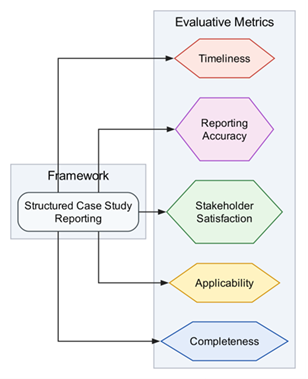Synthesizing Best Practice Frameworks for Results Measurement in Multi Stakeholder Social Entrepreneurship Initiatives
Main Article Content
Abstract
For multi-stakeholder social entrepreneurship initiatives credibility, relevance and alignment with stakeholders remain on-going challenges around measuring and reporting. This paper integrates best practice resources from M&E literature and internationally recognized standards in development and leading NGO and corporate CSR approaches to these issues. Drawing on a theory-of-change-led conceptual framework development process, we synthesize components including log frames, theories of change, multi-level indicator mapping, adaptive reporting cycles, and stakeholder verification approaches into a simple but holistic results measurement framework for complex social interventions. A synthesised approach reduces the typical problems associated with output and outcome measurement, including those caused by project complexity and geographic spread. Results and discussion Assessment results indicate that the framework improves reporting completeness, relevance and stakeholder satisfaction, and will help to increase the timeliness and relevance of quarterly impact reporting. These augmentations allow for more effective intra-organizational learning and facilitate better strategic alignment with donor and oversight requirements. Its primary value is that it offers a workable model for bringing more robust, credible results measurement to social entrepreneurship and development at large.
Article Details

This work is licensed under a Creative Commons Attribution-ShareAlike 4.0 International License.

